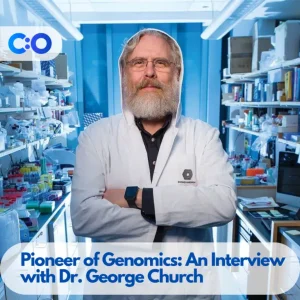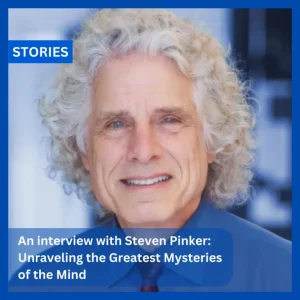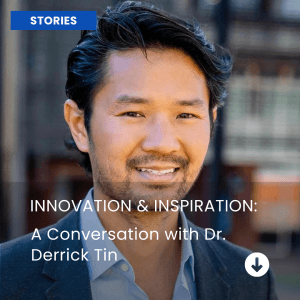

I’ve spent time in remote environments, worked with many vulnerable communities, and seen first-hand the health inequality that exists around the world. Like every doctor, you want to do what you can for those in need and the world of Disaster Medicine is where the most vulnerable deserve the best of standards, in the worst of times. This is what attracted me to this field and it remains a strong motivation that drives me today as a specialist.
Prof. Greg Ciottone and Ms. Amalia Voskanyan, the co-directors of the Disaster Medicine fellowship at BIDMC/ Harvard Medical School have, in the past few years, supported me through so much, opened up so many opportunities, given me direction and encouragement. They are my go-to when I hit a hurdle, when I’m unsure and I know they always have my best interest at heart.
Disasters are often unpredictable, can be highly traumatic and deployments come with a certain risk. In our world, mentors aren’t just there for advice and guidance. They are there to save you when a disaster deployment becomes overwhelming and you need someone you trust to dig you out of a psychological pit.
When you live in Australia, you tend to get used to spending long periods of time on the road just to get anywhere! It took me 45 hours and 4 flights to get to Colombia on my last deployment with the USNS comfort so I’m truly used to it. Balancing time with family, work, academia, conferences, and operational deployments is indeed tough so it’s important to have the right support both at home and at work.
Mortality/ morbidity predictions, risk analysis, disaster triage, clinical decision support systems, the list is truly endless. We don’t need AI to help us reinvent the wheel but there are so many areas in medicine where improving efficiency alone will have significant downstream repercussions for our patients.
From a Counter Terrorism Medicine perspective, we look at how AI can be used to negatively impact population health, from designing new chemicals and bioweapons to driving autonomous drone swarms, it’s a field we invest a lot of time and research into.
We need to professionalize disaster deployments. It’s no longer acceptable for medical teams to backpack into a disaster zone uninvited as has happened in the past and continues to happen today. The WHO EMT standards push towards formal accreditation and recognition and hold teams accountable for their work in disaster zones. This is a great step in the right direction. We also need to invest more in disaster research and focus on evidence-based practices, just like you would in other medical subspecialties.
The pandemic changed the lives of everyone and I think healthcare workers in particular were hit hard by it. There is certainly a lot more focus on work-life balance and our own well-being, as well as healthcare worker safety from both a physical and psychological front. I lecture a lot about the mental health safety of frontline deployment and this applies to pandemics and other disasters.
When starting out, it’s important to go discover, try new things, talk to peers, and find your passion. Finding good balance, having good mentors, and remembering a medical career is a marathon, not a sprint are important steps to building a good solid foundation for the years to come.






DISCLAIMER: ConductScience and affiliate products are NOT designed for human consumption, testing, or clinical utilization. They are designed for pre-clinical utilization only. Customers purchasing apparatus for the purposes of scientific research or veterinary care affirm adherence to applicable regulatory bodies for the country in which their research or care is conducted.